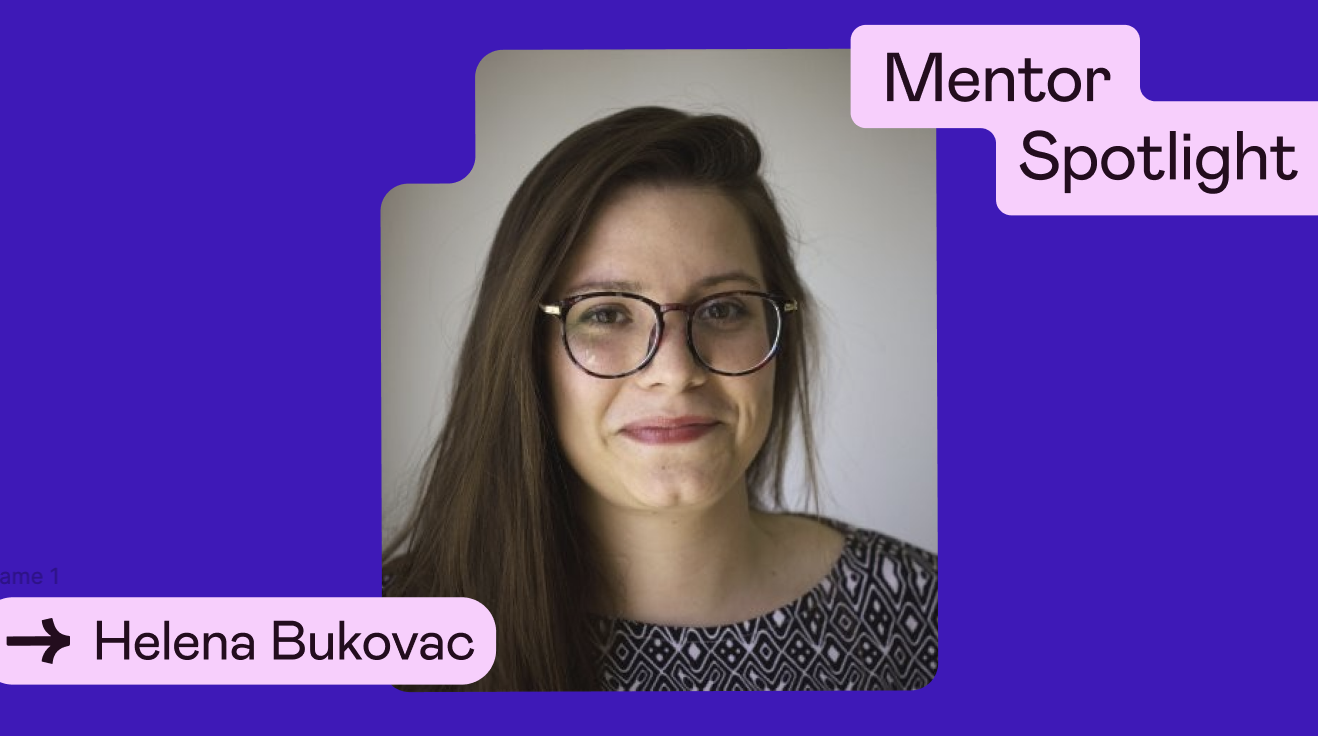This month we’re featuring JJ Moi, a Design Partner at Prime Movers Lab and a Principal Product Designer at Tachyus in Berkeley, California.
JJ has been mentoring UX Academy students for over 3 years, and he took some time to speak with us about his recent work, his experience as a mentor, and his views on the future of design.
What does an ordinary day look like for you at work?
I have a lot of design meetings during the day, so I block out a few hours in the morning each day for high priority work. I do most of my researching and prototyping in the evening, and I work on my side projects and freelance work at night.
What project are you most proud of?
OpenGov Transparency was the first project that opened up the world of design in the governmental area and the opportunities we have to improve people’s quality of life through design. We started out by building products to publish and visualize governmental financial data in an accessible way. Think of it as Mint for governments.

Some of JJ’s work on OpenGov Transparency
I joined the team as the first employee and the only designer for the first two years of the company’s life. With very little research budget, it forced me to rethink my design process and find creative ways to collaborate with teams and users to build better products and launch them faster.
What attracted you to becoming a mentor?
I’ve been an art and design teacher in my past life. I love teaching but it’s not always flexible. Being a mentor allows me to do what I love with all the flexibility.

JJ’s minimal workstation
What has been your biggest challenge as a mentor?
Design students don’t know what they don’t know. I spend a lot of time learning about their diverse backgrounds and helping them identify those areas where I can help fill in the gaps.
What has surprised you most about the students you’ve worked with?
Students who have backgrounds in areas other than design always make interesting designers. Some of my students came from backgrounds as diverse as accounting, philosophy, and even chemistry!
What do you find most exciting or rewarding about mentoring?
Mentoring gives me an immediate sense of satisfaction from helping someone and giving back to the design community. I love it when I see students’ eyes light up when they’ve got those “aha!” moments.


Circlespoon app design
What has been your ultimate student win throughout the mentoring experience?
When students “get it” and don’t just think about design in a vacuum, but also how they can apply their design skills to real world problems.
I sometimes show students user research from my job, like personas, user journey maps, or even a debrief from user interviews. When they see real world examples and understand the context, the learning materials they just finished reading suddenly make more sense. They can apply it to their work, and the quality of their designs is increased.
Have there been any surprising gains through mentoring for you as a design professional?
It’s a great opportunity to be able to work with many students with different backgrounds and personalities all at once. I’ve learned to become very flexible to different needs and how I talk about my design process, especially to people who know very little about design. I explain the design concepts with examples from their industries so they can relate and can understand things faster.
What do you think makes a good mentor?
Clear expectations and over-communication is the baseline. Also, the ability to adapt to what works best for each student, as there’s no “one size fits all” when it comes to working with people.
In addition, rapid iterations are one of the most effective ways that designs can be improved. Timely feedback is very useful—otherwise, students are risking not iterating through enough rounds, and the quality of work will suffer.
What do you think makes a good student?
The best students are not afraid of expanding their comfort zones. They really put in the work and are well-prepared. They’re also not afraid to reach out for help if they struggle or feel like they’re falling behind.


Visualization work for Tachyus
What do you think the future holds for the design industry?
Design as a whole will dilute with time and become more than just interfaces. In the near future, designers will be strategically involved in designing organizations and systems, and design will be embedded in every aspect of a business. Designers will need to understand business and be equipped with entrepreneurial and leadership skills to develop new ideas and facilitate collaboration between teams.
How would you like to see the industry develop in the next few years?
I would love to see design really valued and well-understood across the board from large enterprises to small businesses. Design should create impact through collaboration with every department, from human resources to legal and everything in between.
What’s your top tip for students who are just starting out in design?
It’s okay to have the feeling that your work is just not that great. All you can do is to put in a lot of work and your work will be as good as your ambitions. It’s gonna take awhile, but you will get there.
How about a top tip for designers who want to get into mentoring with Designlab?
Get very familiar with the curriculum and coursework because some of them might not aligned with your process or how you work. Set clear expectations with the students, be responsive, and empathetic to their needs.
Thanks JJ! Check out JJ’s portfolio and Dribbble to see more of his work!
Interested in becoming a mentor? Find out more



.svg)









.jpg)
.jpg)



